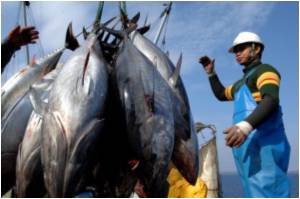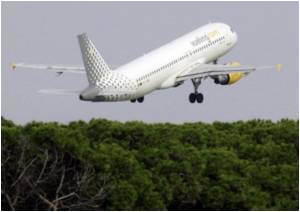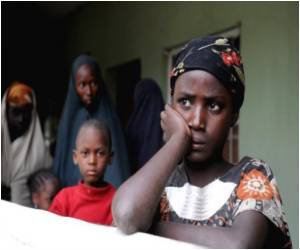Scientists are looking forward to engage 'citizen scientists' into the task of data collection so that the environmental disasters could be tackled more efficiently.

Once collected at a single source, scientists and other responders could quickly sift through data, and decide how best to react.
"Traditional applications for monitoring disasters have relied on specialized, tightly-coupled, and expensive hardware and software platforms to capture, aggregate and disseminate information on affected areas," wrote White.
"We lack science and technology for rapid and dependable integration of computing and communication technology into natural and engineered physical systems, cyber-physical systems," he said.
In the case of the Gulf Coast oil spill, citizens could photograph or record images such as fish or birds, or oil-blackened grasslands, and send the data to the collection center.
"Everyday people can record ecological impacts that they see and send along that data for scientist to use," added White.
Advertisement
Citizens also could help track damage to cell phone towers or electric grids in some cases, said White.
Advertisement
Source-ANI









